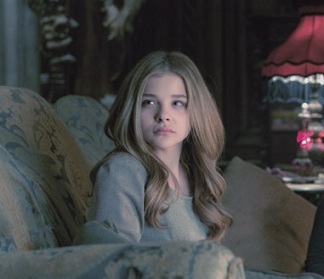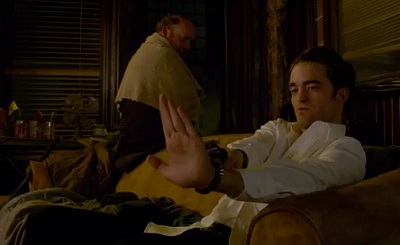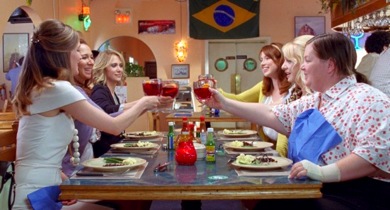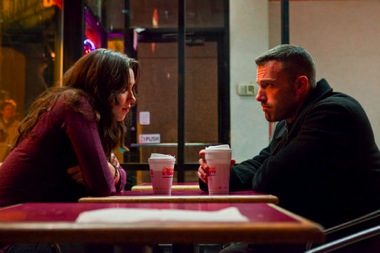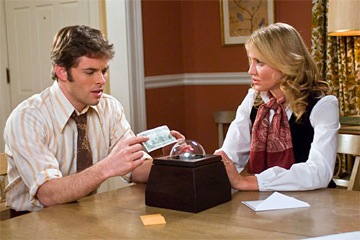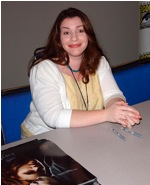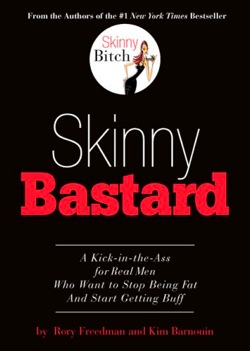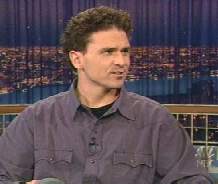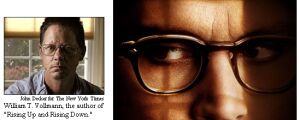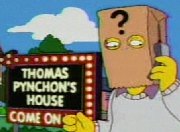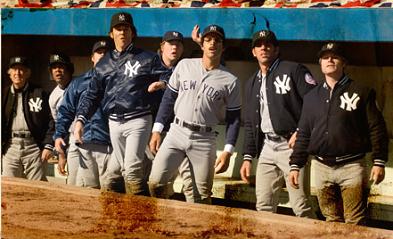
Tonight at 10 is the premiere of ESPN's original miniseries The Bronx is Burning, based on the book of the same name by Jonathan Mahler. It runs for 8 weeks, and will air on Tuesdays at 10 after this week.
It's going to be awesome. The book, whose subtitle is "1977, Baseball, Politics, and the Battle for the Soul of a City" is an incredibly thorough portrait of the nadir of New York City's troubled history. 1977 represented the culmination of poverty, poor governance, racial tensions, and general urban dysfunction; there were the Son of Sam murders, a nasty mayoral election, the blackout, and ongoing, slow recovery from the 1975 fiscal crisis. Outside the city, New York was seen as a national embarrassment: as the book says of the looting and mayhem that went on during the blackout, "America had expected the worst, and New York had not let it down."
But the real narrative of the book, and the focus of the miniseries, is the rise of the Yankees and Reggie Jackson, culminating in his famous 3 consecutive home runs in the 1977 World Series against the Dodgers. Not surprising that ESPN chose to devote the most time to the sports story, and as Mahler says in an interview in this week's Time Out, "Reggie's three home runs is as much a symbol of New York's resilience as its rebirth," though he says identifying it as the point at which the city's fortunes started to change would be an oversimplification.
But this is ESPN: the reviews suggest that the TV show has no problem with oversimplification. It emphasizes the Yankees story and maybe doesn't deal as much with all the other stuff going on in the city (Daily News review says they've "taken on several major, meaty stories at once, reducing them to their essences and intertwining them.") But it looks like we'll at least get to see Jimmy Breslin covering the Son of Sam murders. He's played by Michael Rispoli, who played Jackie Aprile on The Sopranos, and was also in Spike Lee's Summer of Sam, which covers the same historical territory as this miniseries. No mention of hat-loving agitator and mayoral candidate Bella Abzug in the cast list, though, which is too bad, since she is at least as larger-than-life a character as Billy Martin.
Which brings us to the fantastic Yankees cast: John Turturro as Billy Martin, the Yankees' legendarily hot-tempered manager (Daily News reported he maybe got a little too Method during the shoot,) Oliver Platt as George Steinbrenner, and Daniel Sunjata as Reggie Jackson. Sunjata is also on Rescue Me, where he plays firefighter Franco Rivera. On Rescue Me, his character typically has a lot of lady troubles, and he plays his dramatic scenes with intensity as well as restraint, which is especially impressive considering how outrageously tragic the storylines of the show often are.
Now's his chance to lose the restraint and cut loose as the preening, egomaniacal Jackson, who always seemed at least as concerned about his image off the field as he was about his baseball games. I hope they recreate the interview he did for Sport magazine where he dropped the "I'm the straw that stirs the drink" bomb. In the Bronx is Burning book, Mahler writes that Jackson later said that interview was "the worst screwing he ever got from the press."
Anyway, Sunjata looks like he's heading into casting territory currently occupied by John Turturro and Tony Shalhoub, where he can convincingly play any number of ethnicities. Also interesting is that in 2002 John Turturro played Howard Cosell, whose quote inspired the title, in TNT's Monday Night Mayhem.
The Daily News has a good special section on the summer of 1977, and the Post has a great article on the chaos of the blackout, part of a five-day series of articles leading up to the 30th anniversary this Friday.
